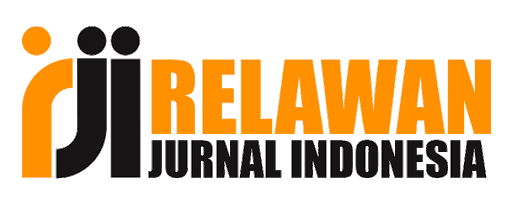NUR EL-ISLAM: Jurnal Pendidikan dan Sosial Keagamaan
ISSN : 2337-7828 (Print)
ISSN : 2527-6263 (Online)
TEMPLATE
SCREENING TOOLS
REFERENCE MANAGEMENT
SUPERVISED BY
INDEXING
Google Scholar, Sinta 5, ISJD, Garuda, Academia, One Search, Index Copernicus International, Moraref, Base, Crossref,







